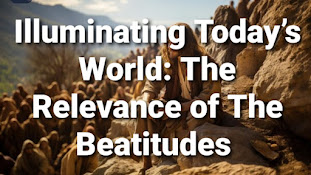50 Most Common Bible Questions Answered: A Complete Guide

The Bible is one of the most influential and widely read books in human history, yet it is also one of the most misunderstood. Whether you’re a lifelong believer, a curious seeker, or someone exploring Christianity for the first time, you’ve likely encountered questions about the Bible’s teachings, history, and relevance. In this blog post, we’ll dive into the **50 most common Bible questions**, providing clear, engaging, and thought-provoking answers to deepen your understanding of this sacred text. 1. What Is the Bible? The Bible is a collection of 66 books divided into the Old and New Testaments. It encompasses poetry, prophecy, history, and philosophy, offering guidance, comfort, and inspiration to millions. Its central message is God’s plan to save humanity from sin, starting with creation and culminating in the promise of salvation . 2. Who Wrote the Bible? The Bible was written by over 40 authors, including Moses, David, Isaiah, Matthew,...












